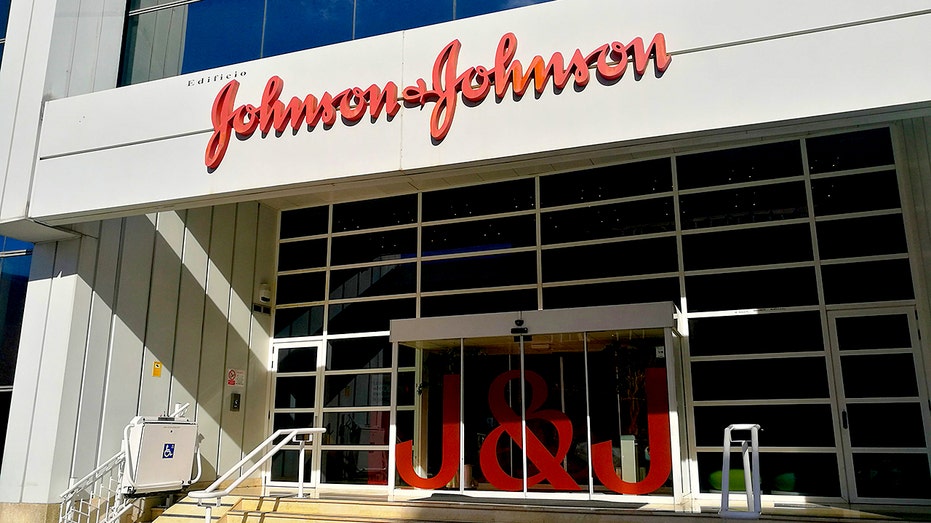President Donald Trump speaks following the release of the first full jobs report of his second term.
Johnson & Johnson is investing $2 billion to expand a North Carolina manufacturing facility as part of a broader initiative toward onshore biopharmaceutical manufacturing and expand the pipeline of available medicines in the U.S.
The company will spend the money over a 10-year period to operate a 160,000-square-foot dedicated manufacturing facility at Fujifilm’s new biopharmaceutical manufacturing site in Holly Springs to expand its U.S. manufacturing capacity and boost jobs. The added investment will help create approximately 120 new jobs in North Carolina.
The company aims to share plans for additional advanced manufacturing facilities in the U.S. as well as the expansion of current U.S. sites in the coming months, further highlighting the investments it is making to ensure the vast majority of its advanced medicines are manufactured in the U.S.
GE APPLIANCES INVESTS $3B IN US MANUFACTURING OPERATIONS
“With the recent signing of the One Big Beautiful Bill Act, we continue to expand our investment in the U.S. to lead the next era of healthcare innovation,” Johnson & Johnson CEO Joaquin Duato said.
The investment will help create approximately 100 new jobs in North Carolina, J&J said. (Courtesy of Johnson & Johnson / Fox News)
The company announced in March that it was investing $55 billion to support manufacturing, research and development, and technology investments in the U.S. over the next four years.
The move comes as President Donald Trump has threatened tariffs as high as 250% on pharmaceutical imports. The president has been reshaping global trade norms to boost manufacturing on U.S. soil by imposing levies on imported goods.
ELI LILLY INVESTING $27B MORE IN US MANUFACTURING
Since then, companies across several sectors, from Eli Lilly to Apple, have announced investments in boosting their domestic manufacturing in recent months. In April, Trump said more than $8 trillion has been pledged since the election, calling it one of the strongest private sector responses in U.S. history. The administration previously said that “Trump is on a mission to make America the manufacturing superpower of the world.”
Bringing manufacturing back to the U.S. comes with several obstacles, including high labor costs, a shortage of skilled workers and the need for significant infrastructure investment.
| Ticker | Security | Last | Change | Change % |
|---|---|---|---|---|
| JNJ | JOHNSON & JOHNSON | 179.02 | +0.18 | +0.10% |
While economist Michael Szanto believes reshoring manufacturing is a “worthy goal,” he said it “will take time and will not be without pain.”
GET FOX BUSINESS ON THE GO BY CLICKING HERE
“Building advanced factories like chip foundries can take years and cost billions of dollars,” Szanto said. He said prices may go up in the near term because the U.S. lacks “some of the people to even build some factories, let alone staff them.”

The $2 billion will be spent over a 10-year period to expand a North Carolina manufacturing facility. (Cristina Arias/Cover/Getty Images / Getty Images)
However, he noted that the U.S. has a major advantage in manufacturing thanks to its abundant and affordable energy resources. He also emphasized that future improvements in automation and robotics will help address labor shortages.